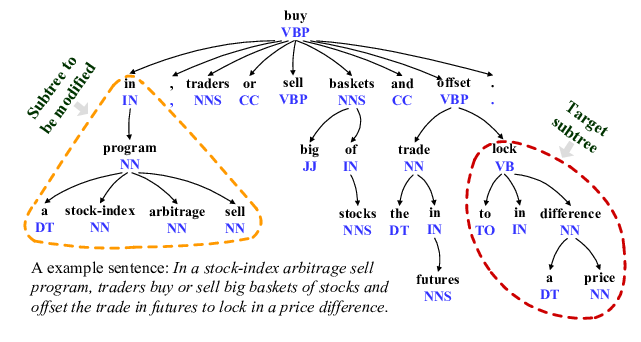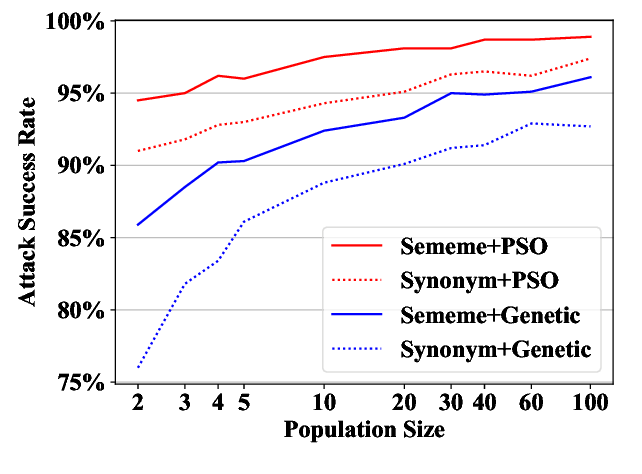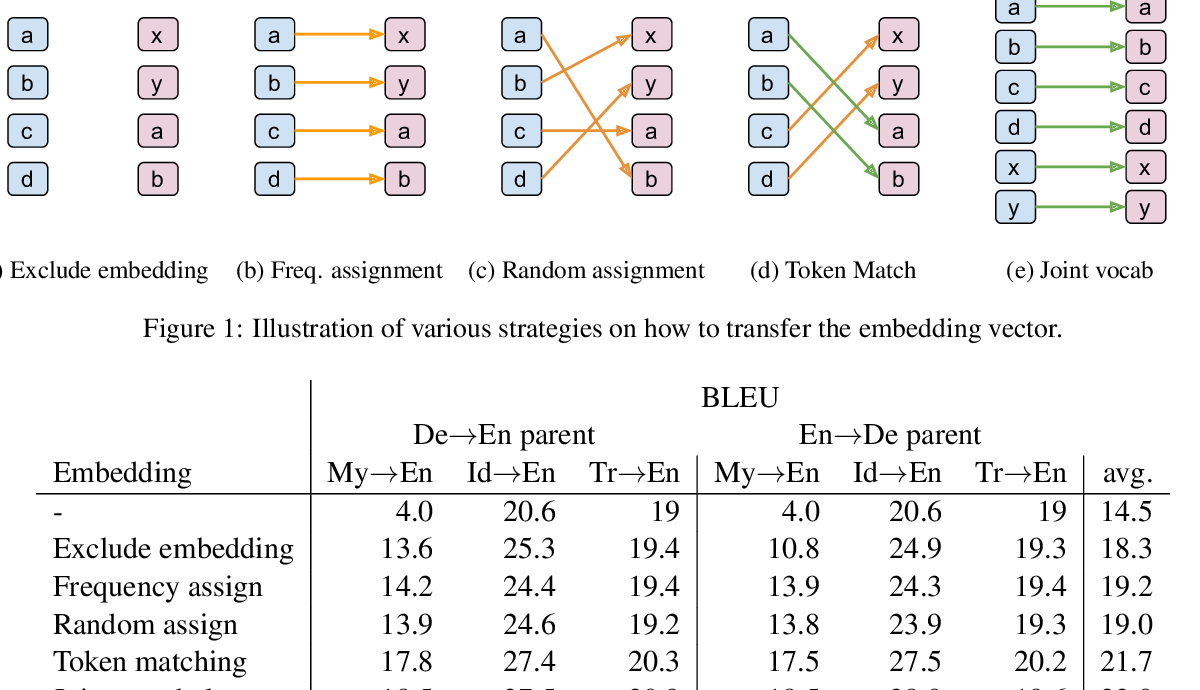Unsupervised Word Translation with Adversarial Autoencoder
Tasnim Mohiuddin, Shafiq Joty
Machine Translation CL Paper
Session 6A: Jul 7
(05:00-06:00 GMT)

Session 8B: Jul 7
(13:00-14:00 GMT)

Abstract:
Crosslingual word embeddings learned from monolingual embeddings have a crucial role in many downstream tasks, ranging from machine translation to transfer learning. Adversarial training has shown impressive success in learning crosslingual embeddings and the associated word translation task without any parallel data by mapping monolingual embeddings to a shared space. However, recent work has shown superior performance for non-adversarial methods in more challenging language pairs. In this article, we investigate adversarial autoencoder for unsupervised word translation and propose two novel extensions to it that yield more stable training and improved results. Our method includes regularization terms to enforce cycle consistency and input reconstruction, and puts the target encoders as an adversary against the corresponding discriminator. We use two types of refinement procedures sequentially after obtaining the trained encoders and mappings from the adversarial training, namely, refinement with Procrustes solution and refinement with symmetric re-weighting. Extensive experimentations with high- and low-resource languages from two different data sets show that our method achieves better performance than existing adversarial and non-adversarial approaches and is also competitive with the supervised system. Along with performing comprehensive ablation studies to understand the contribution of different components of our adversarial model, we also conduct a thorough analysis of the refinement procedures to understand their effects.
You can open the
pre-recorded video
in a separate window.
NOTE: The SlidesLive video may display a random order of the authors.
The correct author list is shown at the top of this webpage.
Similar Papers
A Geometry-Inspired Attack for Generating Natural Language Adversarial Examples
Zhao Meng, Roger Wattenhofer,

Evaluating and Enhancing the Robustness of Neural Network-based Dependency Parsing Models with Adversarial Examples
Xiaoqing Zheng, Jiehang Zeng, Yi Zhou, Cho-Jui Hsieh, Minhao Cheng, Xuanjing Huang,

Word-level Textual Adversarial Attacking as Combinatorial Optimization
Yuan Zang, Fanchao Qi, Chenghao Yang, Zhiyuan Liu, Meng Zhang, Qun Liu, Maosong Sun,

In Neural Machine Translation, What Does Transfer Learning Transfer?
Alham Fikri Aji, Nikolay Bogoychev, Kenneth Heafield, Rico Sennrich,
